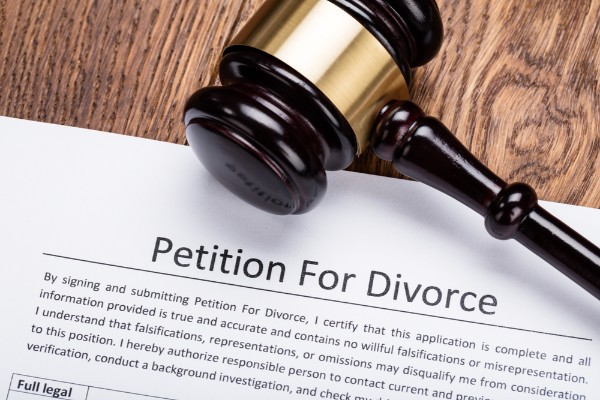It’s no secret that divorces where children are involved can be complicated. California divorce judges make decisions based on what is in the best interests of the children. But raising children is expensive. As a divorce nears finalization, one of the most important questions is who will take on financial responsibility for the kids? Mom, Dad, or is it split between the two?
Child Support Fundamentals
Parents generally are responsible for supporting their dependent children. When the parents are divorced, the court orders one or both parents to providing financial support for their children.
Child support generally ends if the child:
- turns 18 and is not a full-time high school student
- marries or registers a domestic partnership,
- becomes emancipated, or
- turns 19.
Deciding who will be financial responsible for the kids is not always easy.
Determining Child Support
A number of factors go into calculating child support:
- What are the financial circumstances of both parents;
- What do the children need;
- Are there any special expenses like child care, special medical care, or therapy; and
- Which parent has the most physical responsibility for the kids.
The parents file and submit an Income and Expense Declaration and provide proof of income. The judge reviews each parent’s submission, paying close attention to their net disposable income. The court also looks at all other sources or income or potential sources.
The child support order typically is based in part on how much time each parent spends with their children. Parents who spend less time with their kids may be ordered to provide more monetary support.
The judge also will consider expenses related to the children, including:
- Basics like food, clothing, and shelter;
- Health insurance;
- Child care;
- Extracurricular activities;
- Travel costs related to visitation, and
- Medical bills currently unpaid.
Of course, the judge will also consider California laws related to child support and California Child Support Guidelines.
The Answer to the Question “Who Bears Financial Responsibility for the Kids” Is . . .
It’s complicated. Both parents bear some of the cost of raising children. However, child support orders may order a greater financial support for the parent who has less physical responsibility.
Judy Burger is a California Certified Family Law Specialist, and founder of the Law Offices of Judy L. Burger. Please call our offices at 415-293-8314 to set up an appointment with one of our attorneys. We assist clients along the Northern to Central California Coast.











